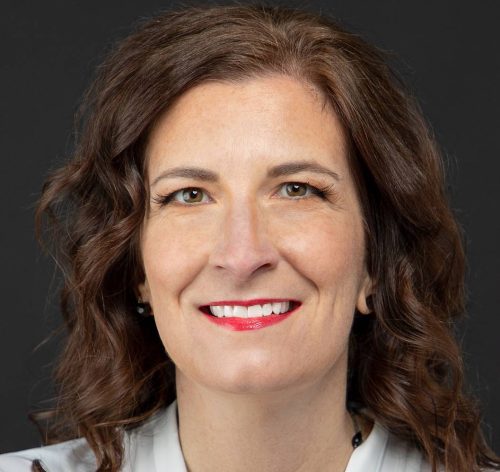If you’ve been married for any length of time, dividing up financial property – which includes money, investments and retirement accounts, and physical property – gets complicated. It goes without saying that figuring out who gets what from a marriage settlement can be fraught with emotion. Additionally, there are varying laws specific to each state that must be followed.
In some shorter marriages, financial settlements can be simple and attorneys, or even the couple themselves, may be able to easily manage the division of property. In others, however, it can be incredibly comforting and ensuring to bring in experts who are specifically trained to understand divorce and tax laws, asset division and forecasting future financial situations based on settlement decisions.
What does a Certified Divorce Financial Analyst do?
A Certified Divorce Financial Analyst (CDFA) is a financial professional who is certified through the Institute for Divorce Financial Analysts to provide clients and their attorneys with a divorcing couple’s financial standings and situational effects resulting from settlement options. This means that a CDFA can be hired to help their clients understand and make better decisions for both short- and long-term financial benefits. Additionally, they can help ease concerns over what’s “fair” in division of debts and assets.
“We sit down with all clients’ financial statements and identify the things that need valuations,” said Kendra Erkamaa, CDFA and Certified Financial Planner in Iowa. These statements include everything from bank accounts and properties to retirement plans, pensions, and other investments. She then creates a financial affidavit of the couple’s financial situation. She can also provide an income analysis to outline what clients are actually earning and drafts of potential financial property divisions.
If she’s acting as a financial neutral, which are used in collaborative divorce cases, she then works together with the couple to understand what they have already agreed upon and then helps in areas where the couple don’t agree on financial decisions. In the end, Erkamaa puts all the information together in a report to provide to clients’ attorneys for use in drafting the settlement.
“It can save the couple quite a bit of money in attorney fees,” Erkamaa said.
Certified Divorce Financial Analysts can act as financial neutrals
For couples that are in a place of wanting to ensure fairness in their settlement agreement, CDFA’s with additional training as financial neutrals can act as a type of financial mediator between both parties.
Melissa Gutzhall, a mother of three who last year divorced her husband of 23 years, said because she and her husband skipped big family vacations and were savers, they had a complicated financial portfolio to divide up during their collaborative divorce. The couple interviewed several CDFAs and chose one to act as a financial neutral throughout their divorce to help them valuate and discern financial settlement decisions. It was important to Gutzhall and her ex that each was getting their fair share of the assets they’d accumulated over more than two decades together.
“[Our CDFA] was there strictly as a neutral. She met with each of us separately and together, both with and without our lawyers. She did a really thorough job getting to know us one-on-one,” she said. “She would listen until we asked a question, or until she heard something, and she was like ‘let me clarify what you’re actually talking about.’ Because the lawyers or my ex and I could get off track and not really understand. She was really good at helping us to see the big picture and make sure it was in both party’s best interest.”
Gutzhall believes that regardless of how complicated their finances are, most divorcing couples could benefit and actually save money by including a CDFA or financial neutral in financial settlement agreements.
“There are so many intricacies with divorce finances,” she explained. “If there’s a house and children involved, I think it’s something you should consider. It will save you a lot more money in the long run by having someone to look at the finances and implications clearly.”
*You can find CDFAs at the institutedfa.com (Institute for Divorce Financial Analysts )






